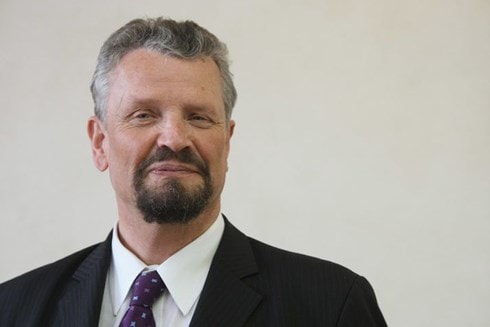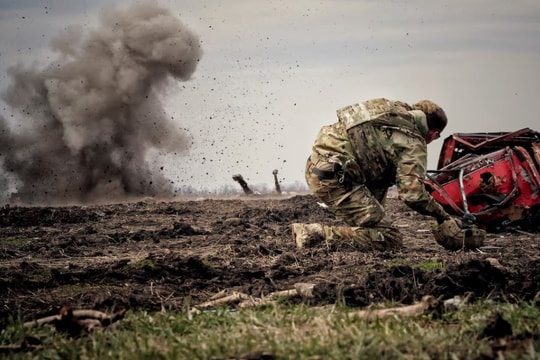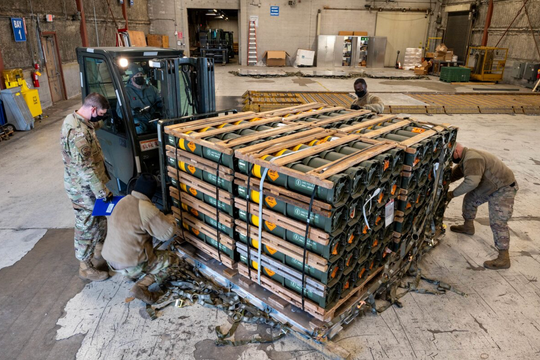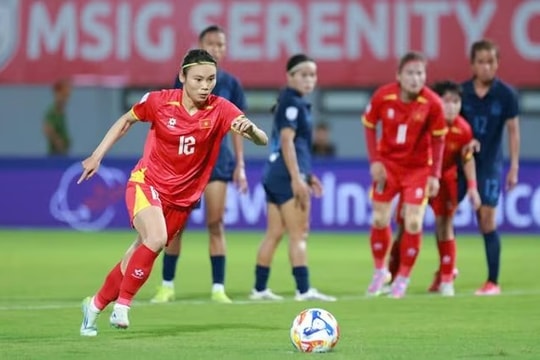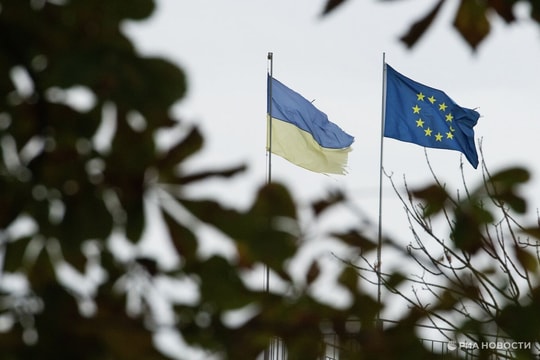Because of its allies, Britain bears the "bitter fruit" in the diplomatic war with Russia?
Britain is gradually losing the trust of its EU allies when it fails to provide evidence to clarify its accusations against Russia in the diplomatic war.
The UK is now facing a new challenge in its diplomatic war with Russia as some of its EU allies, especially Germany, are constantly asking the country for evidence in the poisoning of a former double agent in the UK, while Austria and France are leaving open the opportunity for dialogue with Russia. Thus, from the side that is gaining the advantage, the UK is gradually losing the trust of its partners when it is considered "ambiguous" in making accusations against Russia.
|
| German government coordinator for relations with Russia Gernot Erler. Photo: Getty. |
Germany demands answers from Britain
In an interview with Germany's ARD channel on April 5, the German government's coordinator for relations with Russia, Gernot Erler, said that Britain needs to provide evidence that Russia was involved in the poisoning of former spy Sergei Skripal in the UK in March, especially after the Defense Science and Technology Laboratory (DSTL) at Porton Down (UK) said that the agency has so far been unable to determine the origin of the nerve agent in the poisoning of former Russian spy Skripal.
“The information from Porton Down contradicts what we have heard from British politicians and will certainly increase pressure on the UK to provide more credible evidence that Russia was behind this incident,” Mr Erler said.
According to Gernot Erler, conflicting statements coming from London have made Germany skeptical about the credibility of statements made by Prime Minister Theresa May and her government. “The reports of the investigation are not public. Now the UK is under pressure to clarify the information. Otherwise the whole story will not be clarified.” When asked who was responsible for the attack, Mr. Erler said: “We do not know.”
Gernot Erler is the second German official this week to publicly criticize Britain’s handling of the poisoning of former spy Spriki. Earlier, Armin Laschet, vice-chairman of Chancellor Angela Merkel’s Christian Democratic Union (CDU), said: “If Britain wants NATO members to show solidarity with it in its diplomatic battle with Russia, it should present clear evidence. It can think whatever it wants about Russia, but I would suggest another way to solve the problem: to study international law.”
France wants dialogue with Russia
French officials said President Emmanuel Macron still plans to visit Russia in May despite the diplomatic crisis. According to the schedule, President Macron will visit Russia on May 24-25 and attend the Saint-Petersburg Economic Forum. The principles for this trip were decided during the talks between President Vadimir Putin and President Macron in 2017 in Paris.
In a rare statement about the visit, Russian President Putin's spokesman said the announcement of Macron's visit to Russia reflects France's constructive stance in seeking dialogue despite differences between the two sides.
Austria determined to maintain neutral stance
Unlike many other European countries that have joined the “coalition attack” on Russia on the diplomatic front, Austria has maintained a neutral stance from the start. In an interview with Plus 4 radio, Austrian Chancellor Sebastian Kurz explained why his country has not decided to expel Russian diplomats.
“We have good relations with Russia now. Austria is a neutral country and hosts many international organizations, such as the United Nations and the Organization for Security and Cooperation in Europe. Hundreds of diplomats come to Austria to participate in negotiations. That is why we can develop a role as a bridge between countries,” he said.
According to Sebastian Kurz, Austria's response was limited to recalling the Austrian ambassador to Russia for consultations. Earlier, in a speech on the Austrian ORF television channel, Austrian Foreign Minister Karin Kneissl said that if requested, Austria would play the role of mediator between Russia and the West. She also affirmed the important role of keeping dialogue channels open./.

